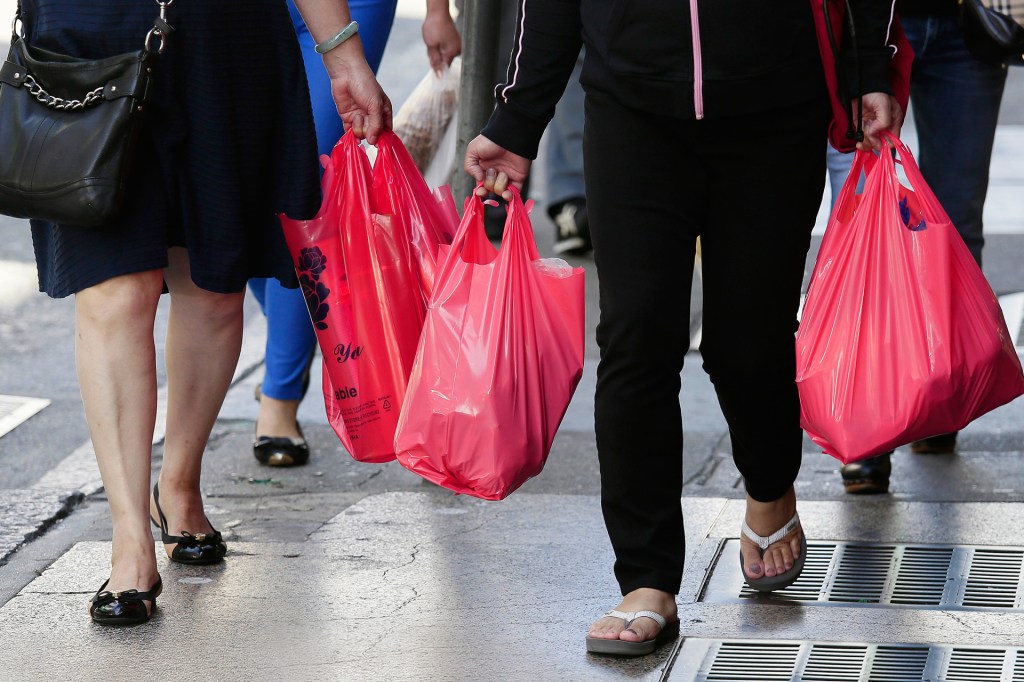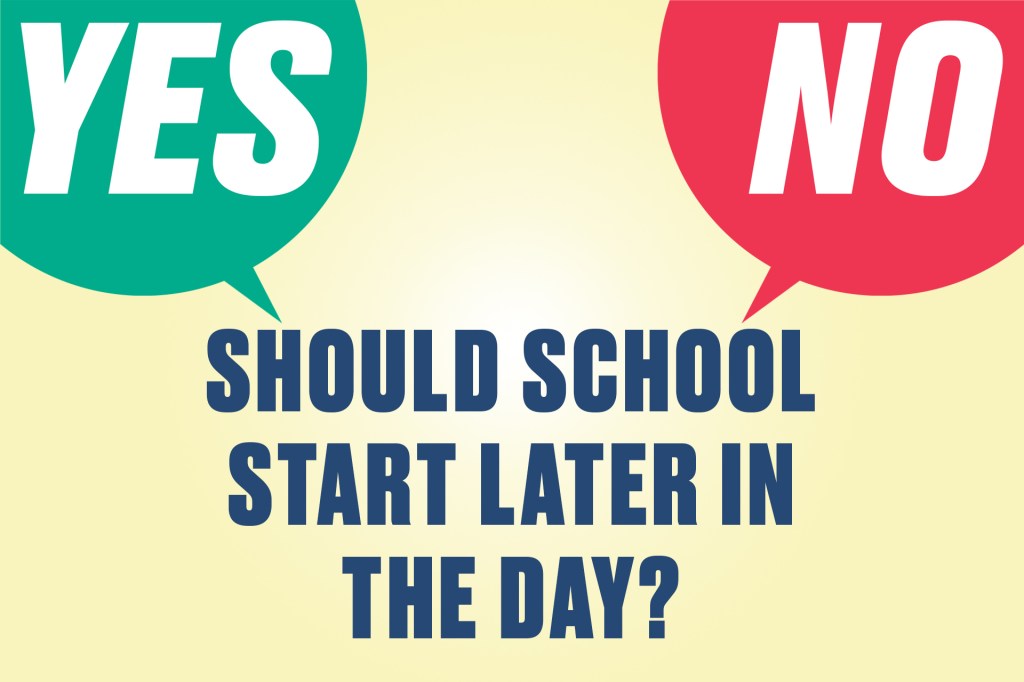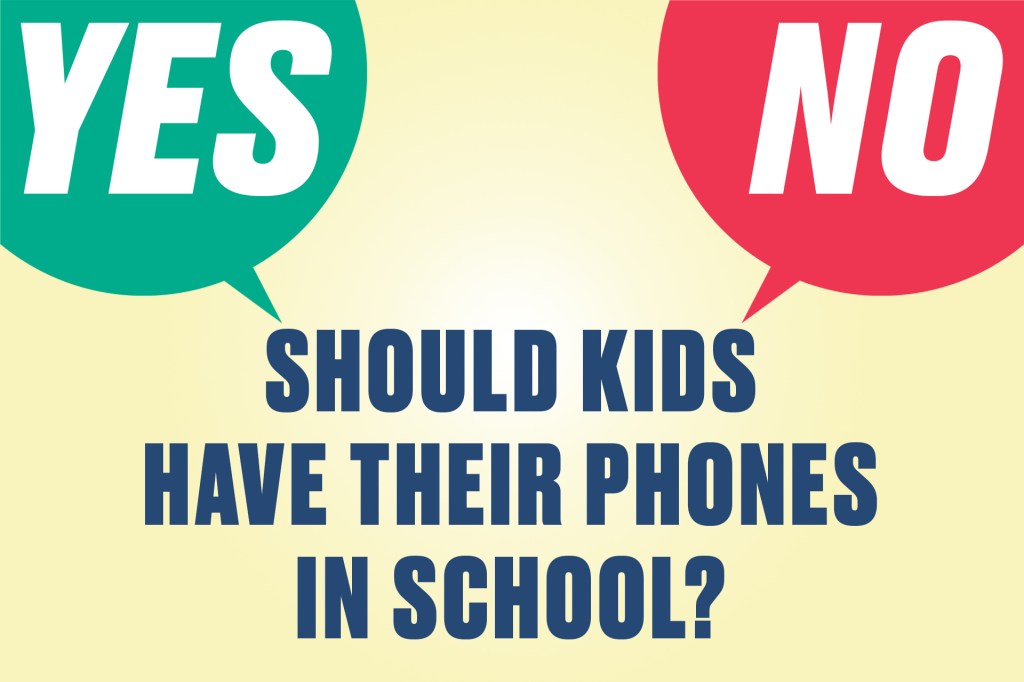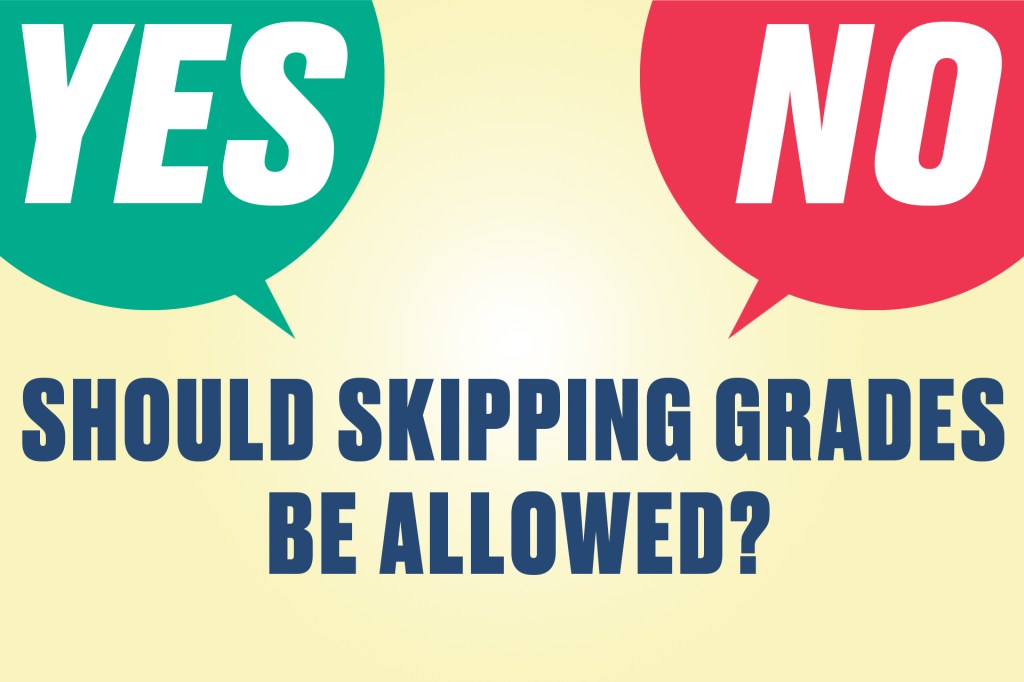
For most Americans, plastic bags are a necessary part of any shopping trip. Many of us give little thought to the bags' impact on the environment. But plastic bags that end up in oceans and on beaches are harmful to fish, birds, and other wildlife. Several cities around the U.S. have either banned single-use plastic bags or imposed a fee for their use. By the end of this year, New York City will decide whether to ban plastic bags, tax them, or find another way to limit their use. Those who support a bag tax say it encourages people to bring reusable bags and cut down on waste. But critics argue that taxing the use of plastic bags puts unfair stress on low-income families. Here, two TFK readers offer their views.

YES
Grant Gordinier, 11
San Diego, California
Communities should limit the use of plastic bags. Every year, 485 billion plastic bags are not recycled. Some end up in the ocean and can cause harm to sea life. Placing a small tax on plastic bags might encourage shoppers to bring their own reusable bags to stores. Reusable bags would cut down on waste in the environment. Businesses would also save money by not having to provide as many plastic bags to customers.

NO
Elle Belperio, 12
Los Angeles, California
There are many ways to reuse plastic bags. Some grocery stores have bins for shoppers to recycle used bags. Other stores reward individual efforts. They give a small refund every time a shopper uses his or her own bag. If you reuse and recycle your plastic bag properly, you will not be hurting the environment. In my home, we find many uses for the bags. I know other families that reuse them to pick up after their dogs. I don't think communities should tax plastic bags. Instead, the government should educate people to reuse and recycle.












